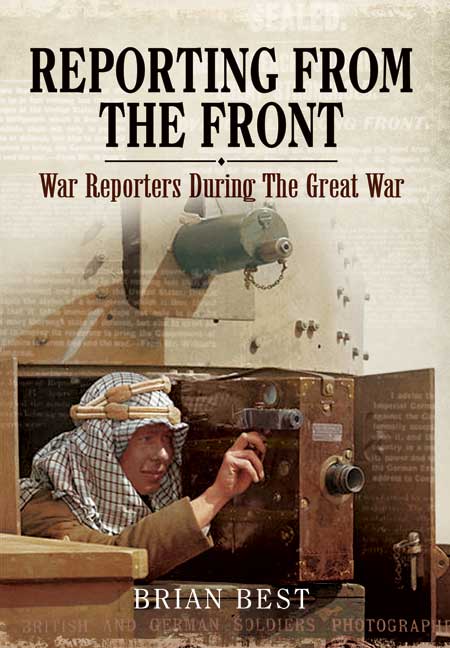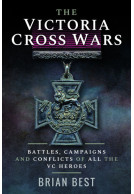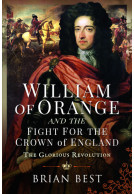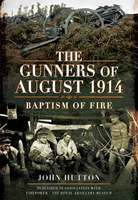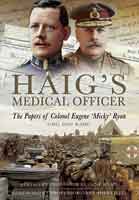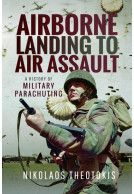Reporting from the Front (Hardback)
War Reporters during The Great War
Imprint: Pen & Sword Military
Pages: 193
ISBN: 9781473821170
Published: 3rd November 2014
(click here for international delivery rates)
Need a currency converter? Check XE.com for live rates
| Other formats available - Buy the Hardback and get the eBook for free! | Price |
|---|---|
| Reporting from the Front ePub (6.7 MB) Add to Basket | £6.99 |
When the war was declared in August 1914, one of the first acts to be implemented by the politicians and military was a strict censorship on the newspapers. As the poacher turned gamekeeper, Winston Churchill said: The war is going to be fought in a fog and the best place for correspondence about the war is London, The military sought to have one of their officers, dubbed “Eyewitness”, to be the official spokesman to enable them to control what the newspapers could print. In the early stages of the war, there were many reporters on the Continent who were evading military arrest and sending back reports about the reality of the situation. Several volunteered with the various ambulance services just to disguise their real purpose, but all were eventually banished.
Having finally cleared all reporters from fighting area, the military was persuaded to allow a small number of accredited war reporters to be chaperoned around the battle fronts. They were closely watched and their reports thoroughly scrutinised, until they eventually became almost a part of the Headquarters hierarchy. Later, diaries and letters revealed how many of them really felt and they had to bear the post-war shame of not writing the truth.
The Western Front was not the only front in this world war. Reporters found censorship less rigidly applied on the Eastern Front, Palestine and Italy. One correspondent, whose reports famously brought about the sacking of the campaign commander and the ending of the fruitless and bloody Gallipoli Expedition, bravely broke ranks and was finished as a war reporter.
War reporting was not confined to print. The emergence of photographers and cinematographers on the battlefield has left us with an extraordinary record. Unlike their writing brothers, the photographers could get close to the action and shoot what they liked. The resultant film was, of course, censored but thankfully nothing was discarded and museum archives are full of their stunning work.
Having been the pre-war stars of their newspapers, the war reporters experienced a post-war wave of anger and cynicism which took years to overcome.
As mentioned in
East Lothian Life
As seen in
Stamford Living
Much of the story is leavened by extensive quotes from the varied journalism of the well-known (such as Gibbs of The Daily Chronicle)and the less so; the author has done a good job of digging into the more obscure areas of the war and brought the reporting of it to light.
The Society of Friends of the National Army Museum
As featured on BBC Radio Leicester.
BBC Radio Leicester
The author's narrative of the Great War through press coverage which helped prolong it provides a clear guide to the conflict from an important aspect often overlooked.
Journal of the Victoria Cross Society
About Brian Best
BRIAN BEST has an honours degree in South African History and is a Fellow of the Royal Geographical Society. He was the founder of the Victoria Cross Society and edited its Journal for many years. Brian also lectures about the Victoria Cross and War Art. He is married and lives in Rutland.







